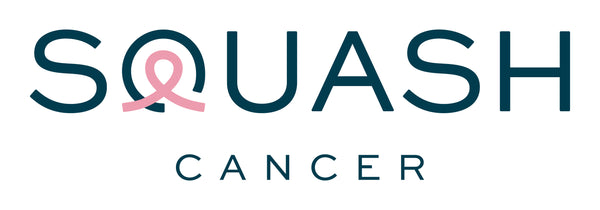Chemotherapy is a type of cancer treatment that uses drugs to kill cancer cells. It is a common treatment option for many different types of cancer, including leukemia, lymphoma, breast cancer, lung cancer, and many others. Chemotherapy is often used in combination with other cancer treatments, such as surgery or radiation therapy, to help prevent the cancer from spreading or coming back.
Chemotherapy drugs are designed to target rapidly dividing cells, which are characteristic of cancer cells. However, these drugs can also affect healthy cells that divide rapidly, such as cells in the bone marrow, hair follicles, and digestive tract. This is why chemotherapy can cause a range of side effects.
There are many different types of chemotherapy drugs, and the type of drug or combination of drugs used depends on the type and stage of cancer, as well as the overall health of the patient. Chemotherapy can be given in a variety of ways, including:
-
Intravenously (IV): This is the most common way chemotherapy is given. The drugs are administered through a vein in the arm or hand.
-
Oral medications: Some chemotherapy drugs can be taken orally in pill form.
-
Injections: Some chemotherapy drugs can be injected directly into a muscle or under the skin.
-
Topically: Some chemotherapy drugs can be applied topically, such as a cream or gel, directly to the skin.
Chemotherapy is usually given in cycles, with a period of treatment followed by a period of rest. This allows the body time to recover from the effects of the drugs.
While chemotherapy can be an effective treatment for cancer, it can also cause a range of side effects. Common side effects include:
- Nausea and vomiting
- Fatigue
- Hair loss
- Anemia
- Increased risk of infection
- Mouth sores
- Changes in appetite
- Constipation or diarrhea
- Neuropathy (numbness or tingling in the hands and feet)
It’s important to work closely with a medical team when undergoing chemotherapy to manage side effects and ensure the best possible outcomes. In some cases, additional medications or supportive therapies may be recommended to manage side effects or improve quality of life during treatment.
In conclusion, chemotherapy is a powerful cancer treatment that can help destroy cancer cells and prevent the spread or recurrence of cancer. While it can cause side effects, working closely with a medical team can help manage these effects and make the treatment process as comfortable and effective as possible.









